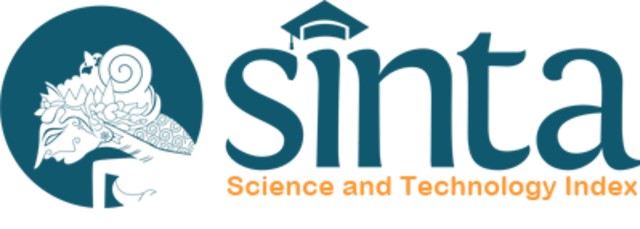Evaluasi dan Pengembangan Sistem Manajemen Rantai Pasok Bandeng Segar (Chanos chanos) di Kota Bekasi, Jawa Barat
Keywords:
milkfish, micro scale processing unit, system development, supply chain management strategy
Abstract
Case study is conducted towards 12 SME milkfish processors in Bekasi, at which its raw materials are originated from Karawang Regency through a fresh milkfish supply chain. The potentcy of Karawang Regency as a milkfish producer does not guarantee continuous availability of the raw materials. The objectives of this study were: (1) To evaluate supply chain; and (2) To compile a priority strategy of fresh milkfish supply chain management in Bekasi, West Java. Data collection was conducted by purposive and snowball sampling techniques, starting from SME processors, retailers and collective traders in Bekasi, to milkfish farmers in Ciparage Jaya Village, Tempuran Sub-District, Karawang Regency. The study used descriptive analysis, evaluation by comparing the activities of the members of the supply chain with the existing standards, Strength, Weaknesses, Opportunities and Threats (SWOT) analysis and Analytic Hierarchy Process (AHP). The evaluation result showed there was gap between the activities of each supply chain member with the Indonesian National Standard (SNI) namely (1) implementation of GMP and SSOP by SME processors, (2) means of transport and storage of fresh fish by collective trader and retailer, (3) good aquaculture practices by farmer and (4) supply chain management by all members along the supply chain. Based on the SWOT and AHP matrix analyses, the development strategies of supply chain by actor was (1) the formation of raw material procurement network and marketing network by SME processor (0.326); (2) the quality improvement of human resource by the government (0.249); (3) the formation of organizations by farmer (0.230), and (4) maintaining partnership in business procurement cost by collective trader (0.195).Downloads
Published
2017-02-25
How to Cite
WidriaY., TrilaksaniW., & CahyadiE. R. (2017). Evaluasi dan Pengembangan Sistem Manajemen Rantai Pasok Bandeng Segar (Chanos chanos) di Kota Bekasi, Jawa Barat. MANAJEMEN IKM: Jurnal Manajemen Pengembangan Industri Kecil Menengah, 11(2), 129-140. https://doi.org/10.29244/mikm.11.2.129-140
Section
Vol. 11 No. 2















